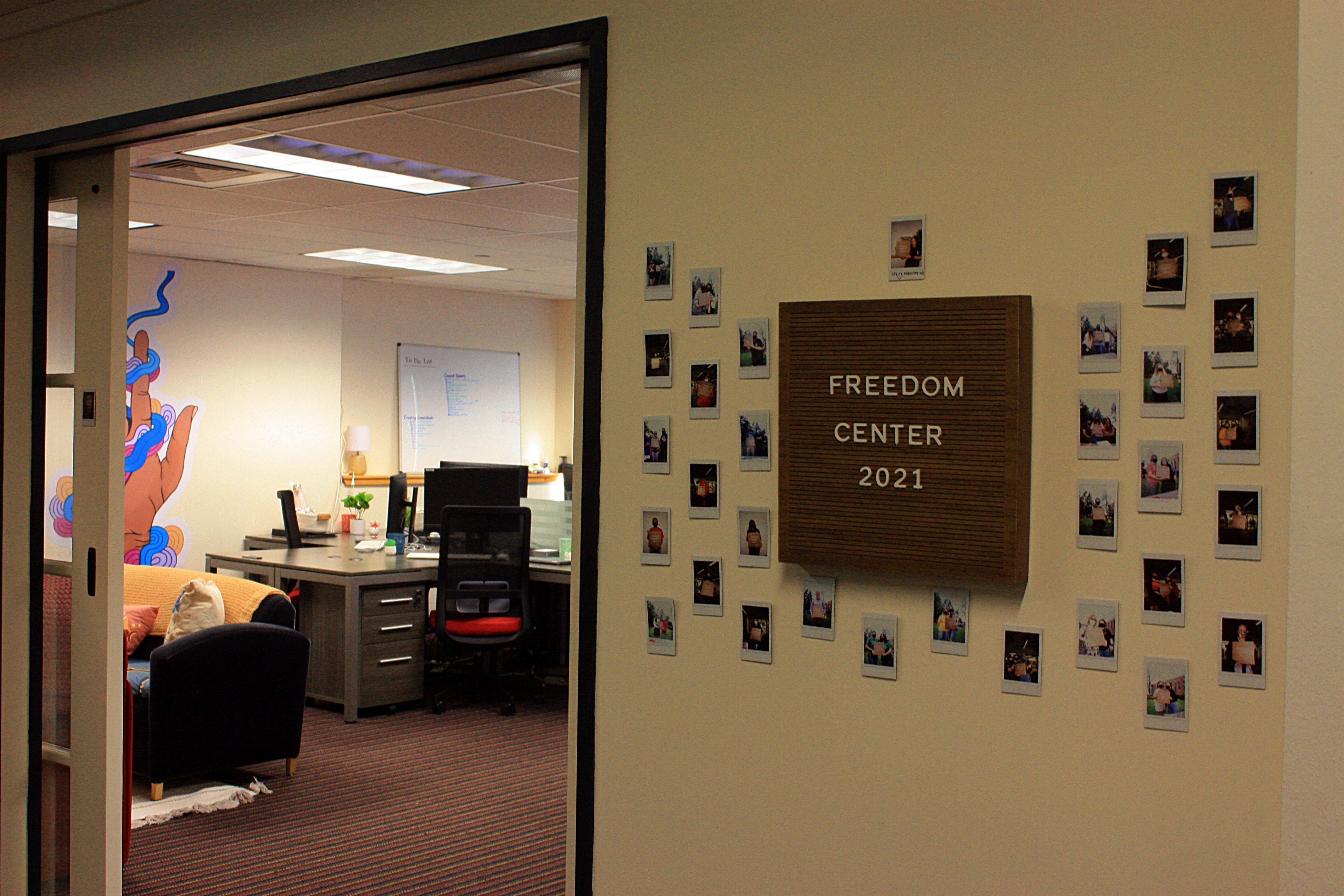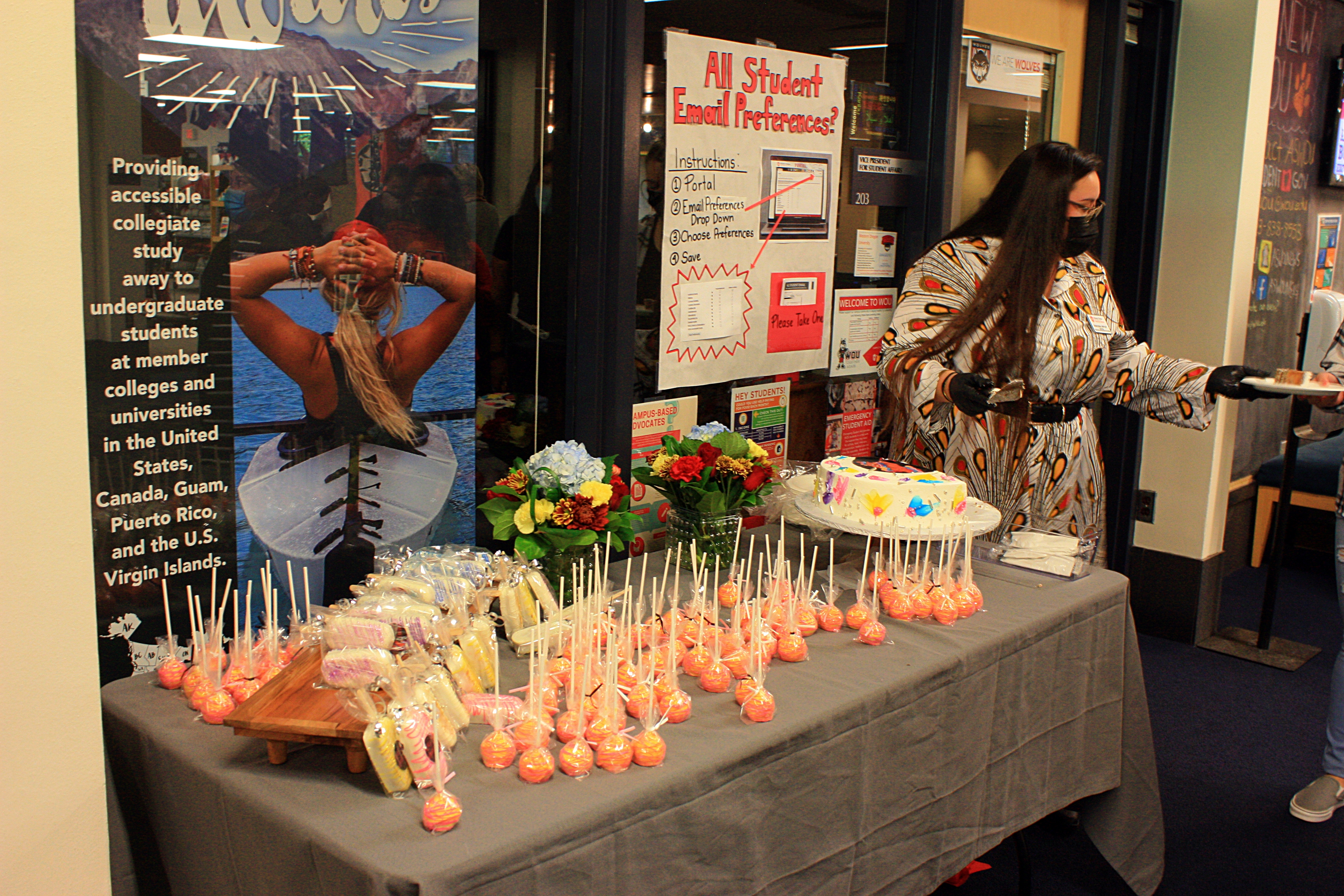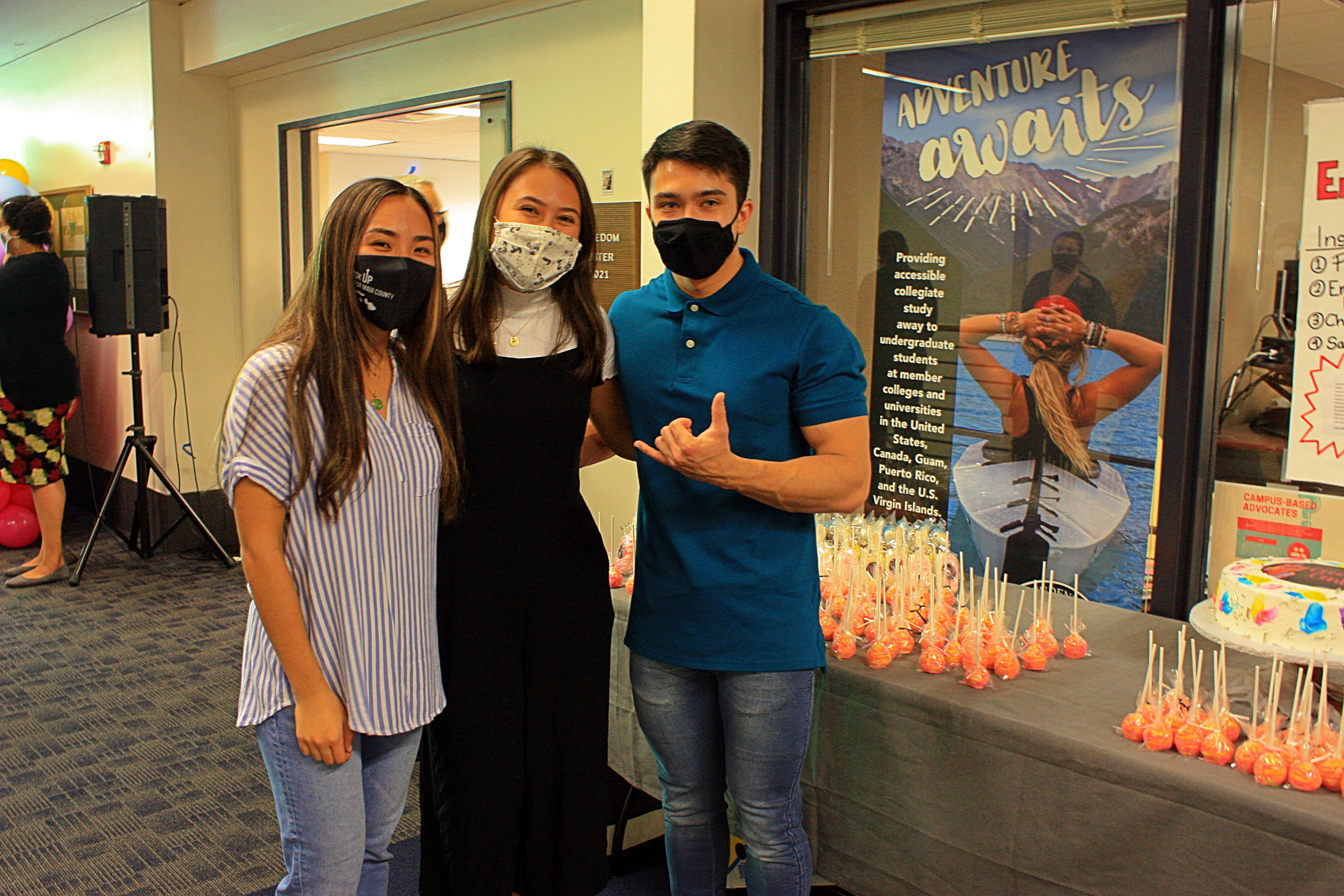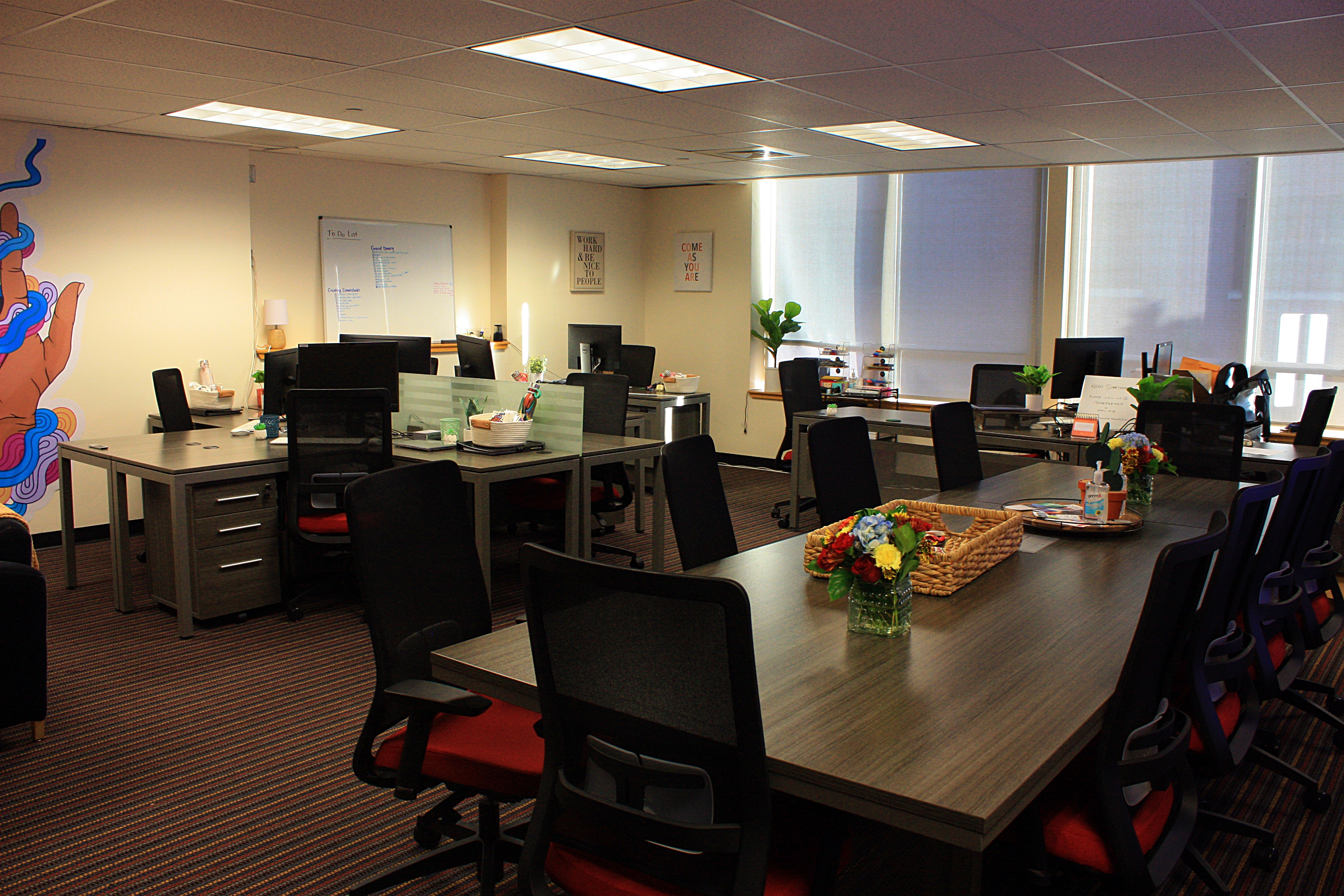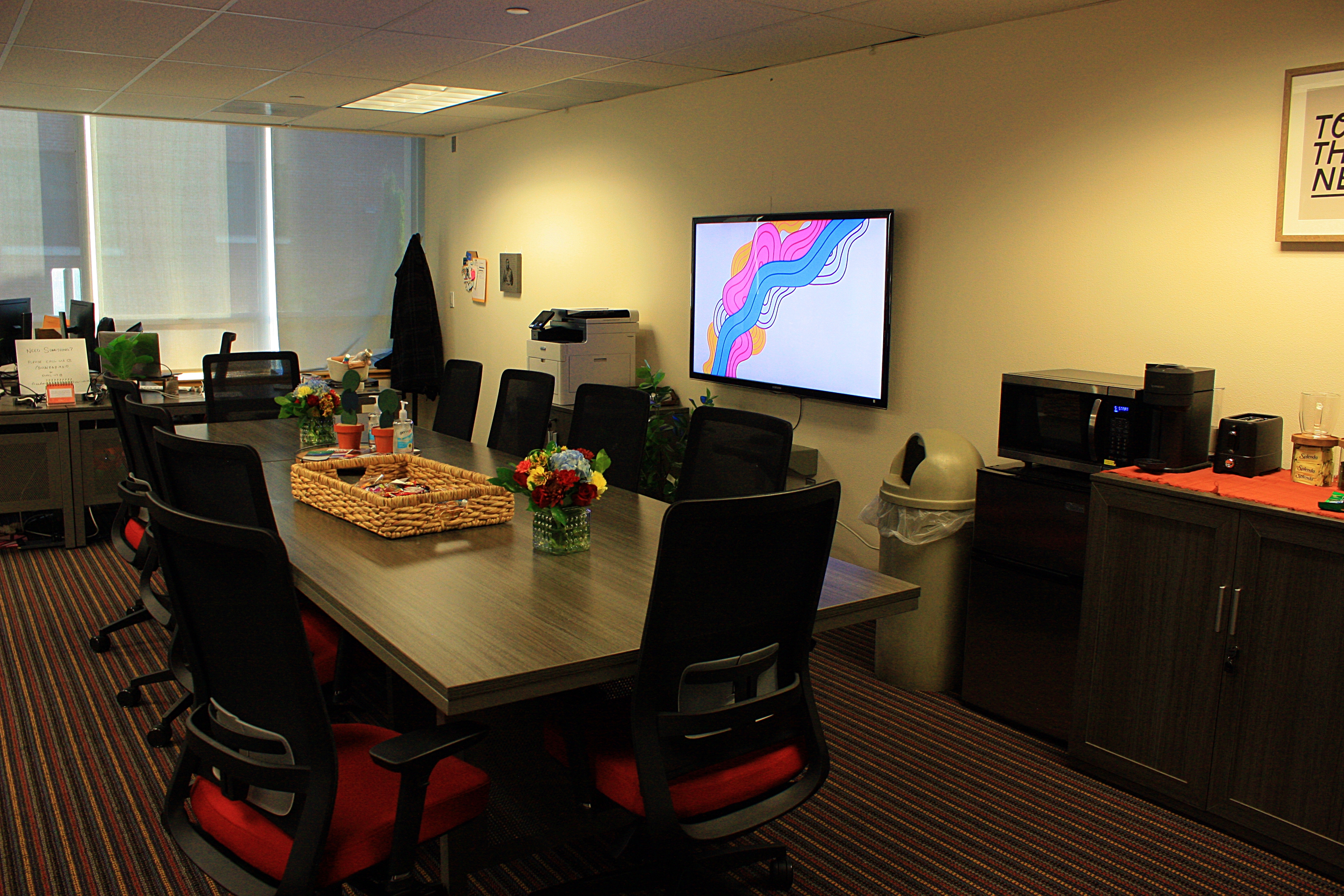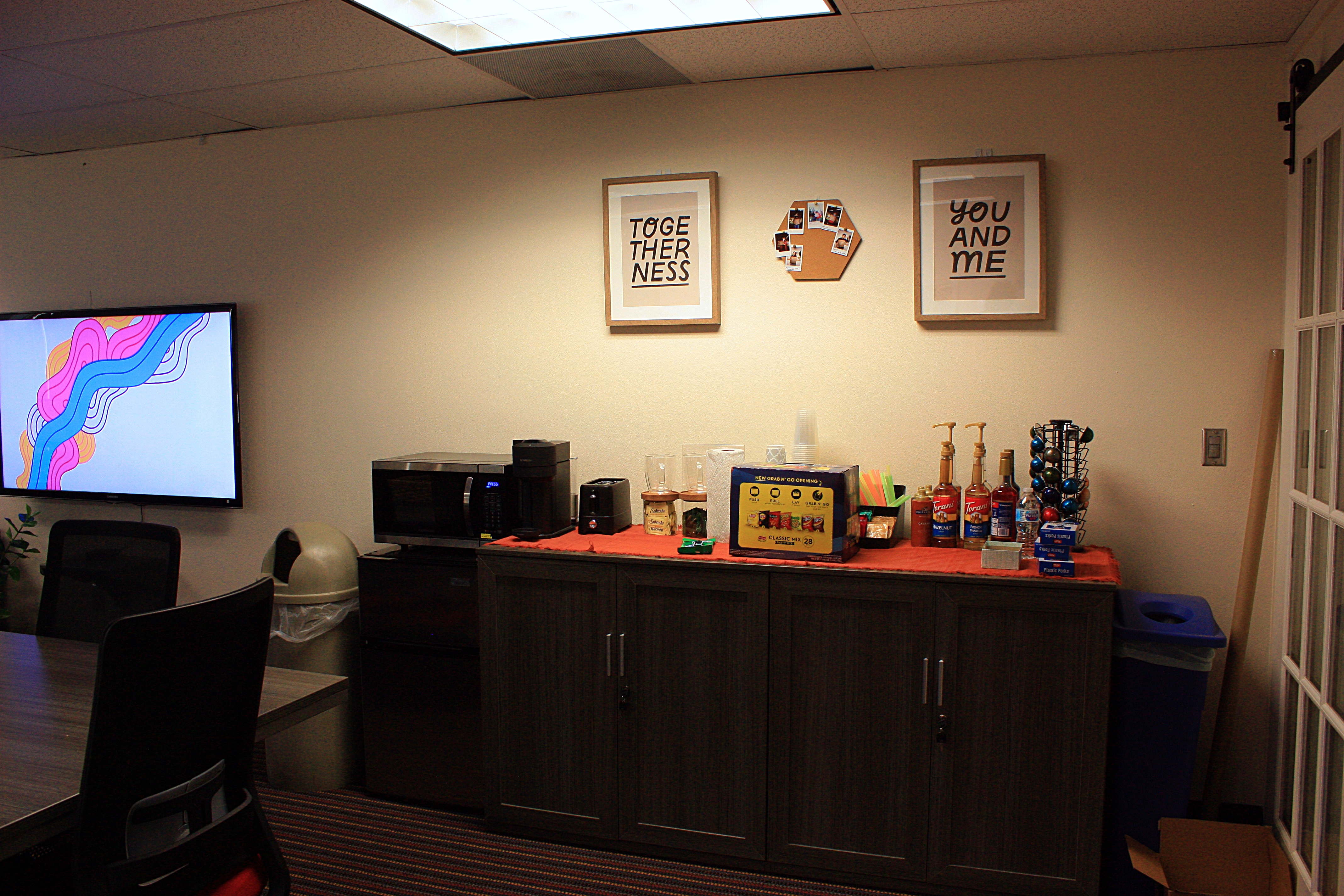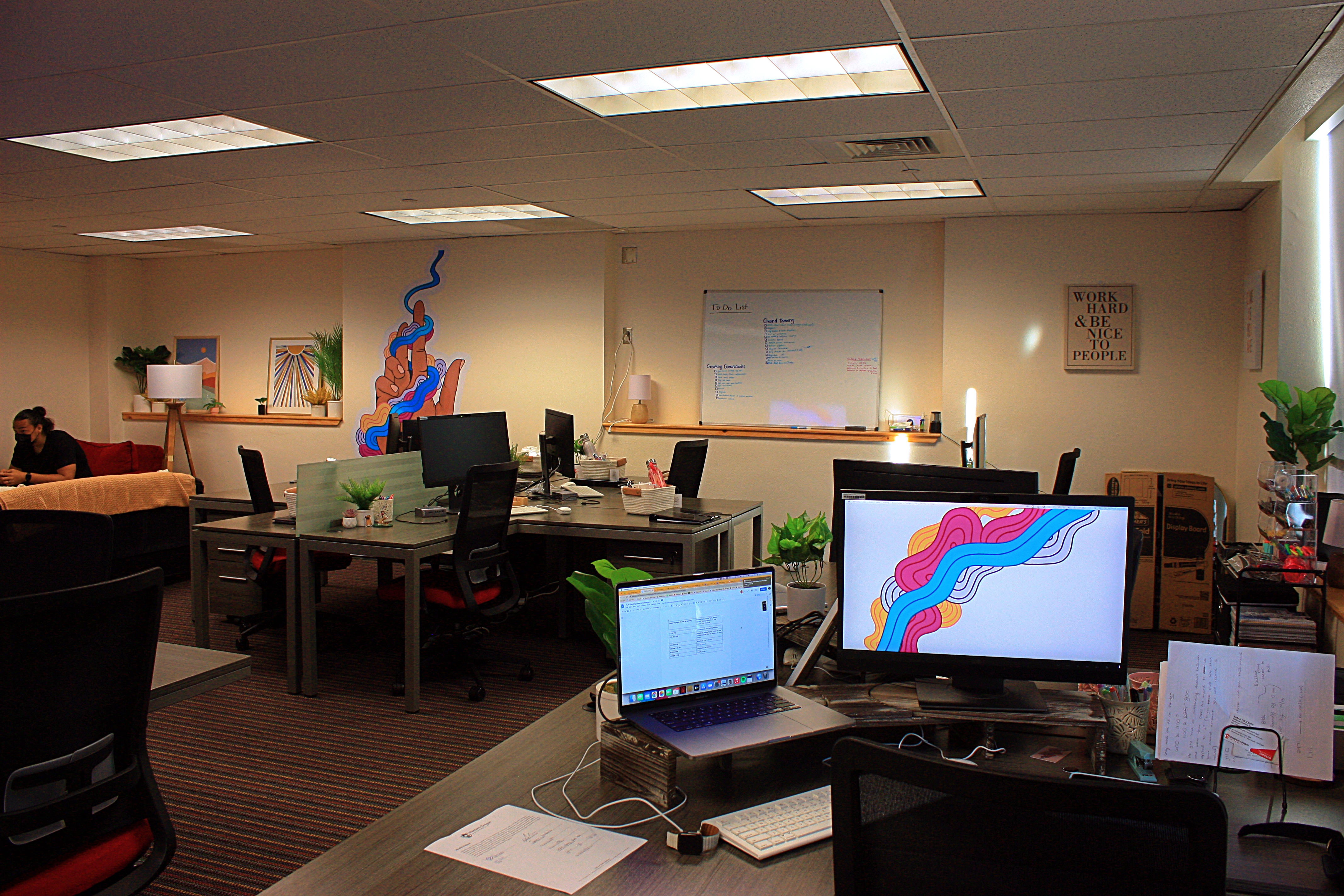Black, Indigenous and Students of Color at Western explain their all encompassing proposal to the WOU Board of Trustees
Makana Waikiki | ASWOU IFC Chair
For Immediate Release
April 3, 2021
Proposal from Black, Indigenous and Students of Color at Western Oregon University Calls on the WOU Board of Trustees and WOU Administration to Meet Student Needs
Monmouth, OR — Black, Indigenous and students of color at Western Oregon University released a comprehensive proposal to the WOU Board of Trustees which they will present at the April 21, 2021 Board Meeting, bringing attention to student needs through funding and re-evaluation of needs that WOU and it’s administration have failed to provide for students, staff, faculty and the community.
The proposal is separated into two categories of student needs at WOU; fiscal and re-evaluation. Over the past several years, students at WOU have shared their frustration due to lack of support through resources from the administration. Students of color continue to be some of the most impacted student groups on this campus and have been advocating for a center on campus that brings them together, that it is a safe space and one that promotes and celebrates the diversity and richness of their cultures. The first fiscal demand is to fund the Freedom Center, a space created by BIPOC students for BIPOC students at WOU. This space will provide study rooms, technology, and a place where students of color can go for support, resources, and most importantly a safe environment on this campus.
Our proposal also addresses the serious need for a post-secondary education at WOU that is affordable, accessible and provides students the resources they need to succeed. The Incidental Fee is an important revenue source that funds vital services, programs, resources, like the food pantry, and employment opportunities for students and staff. These services and programs need to be funded however, it is tied to enrollment and with the decrease in enrollment rates that we continue to witness it leaves areas that provide essential services and resources underfunded. We are asking the Board of Trustees to subsidize the cuts the Incidental Fee Committee (IFC) had to make this year (~$203,000) so that all IFC funded areas that benefit students will be fully funded going into the next academic year.
Through the Incidental Fee Committee’s open hearings, student athletes voiced their concerns that they are in need for new uniforms and gear. There needs to be investments to support the student athletes on our campus that help recruit new students to our campus. We are asking for $122,000 to be allocated to the Student Athletes for their uniforms and gear. This allocation would double each sports’ budget as they are severely underfunded.
This past year we have witnessed increased attacks directed towards communities of color and how this has affected the mental and physical well-being of the students of color on our campus. This university wants to pride itself in its core values of diversity and respect stating that “equity and inclusion are a fundamental basis in human diversity” and yet students of color are the ones demanding and working towards creating the Freedom Center. Students should not be the only group of people on our campus that want to create a safe and welcoming environment; this should be a mission we all strive working towards. The Board can take action to help address this issue by funding a Director of Equity and Inclusion. Funding for this position would be for 2 years and would be hired by a committee of BIPOC students, faculty and staff. This position would address instances of systemic racial and social injustice, support students, staff, and faculty of color in achieving their goals at WOU.
The Board of Trustees must also re-evaluate how faculty and staff are hired. There is a lack of BIPOC representation in the administration, faculty and staff positions. President Fuller must prepare a plan to set a new policy to hire faculty and staff positions, and a plan that includes representation from no less than one BIPOC student, no less than one BIPOC faculty member, and no less than one BIPOC staff member, by the next Board of Trustees meeting. Additionally, the Board of Trustees must reconsider our plan around campus reopening for fall term at their next Board of Trustees meeting, with a dedicated agenda item with 30 minutes of public comment on the matter. The board must also collaborate with ASWOU to hold a series of public forums next Fall 2021, in which students, faculty and staff will be able to provide feedback on the following topics: Campus Public Safety, faculty racism in the classroom, Student Health & Counseling Center, institute first year cultural competency and systematic racism class for all WOU students to take their first year, instituting cultural curriculum into all classes offered for Undergraduate and Graduate degrees in consultation with the Director of Equity and Inclusion, and COVID-19 Response.
This comprehensive proposal from BIPOC students at WOU addresses major concerns WOU students have expressed for years and we urge the Board of Trustees to take action by approving our budget asks and re-evaluation recommendations. It will take all of us — students, faculty, staff, the administration and the Board of Trustees to save our university and restore the level of trust, transparency, accountability, inclusivity and most importantly our sense of community.
For more information, contact ASWOU IFC Chair, Makana Waikiki, at mwaikiki18@mail.wou.edu.
Addendum
April 11th, 2021
“We as a community have put our trust in people and systems that don’t deserve it. We are putting ourselves at risk everyday we get up and try to get an education here at WOU. With the increase of hate crimes, the lack of resources for marginalized communities, and increase in the price and difficulty of higher education, we need the Board of Trustees to prioritize our needs. The students of WOU are bringing this proposal forward, of our fiscal and re-evaluation needs that WOU and it’s administration have failed to provide for their students, staff, faculty, and community. It is time for change.”
— Makana Waikiki (she/they) Student Leader and Student Rights Advocate
